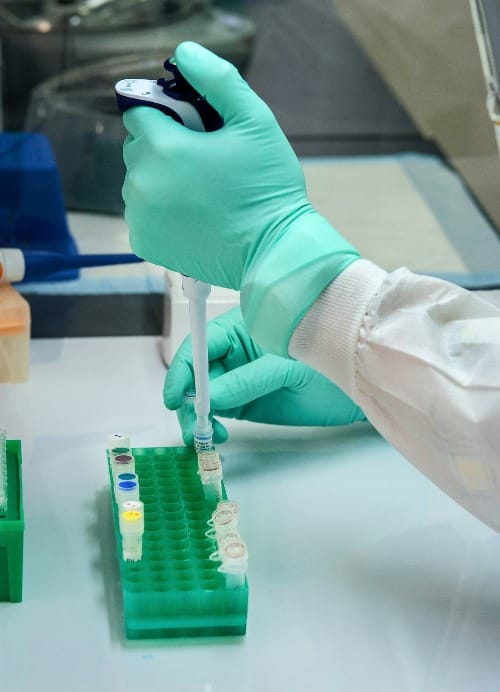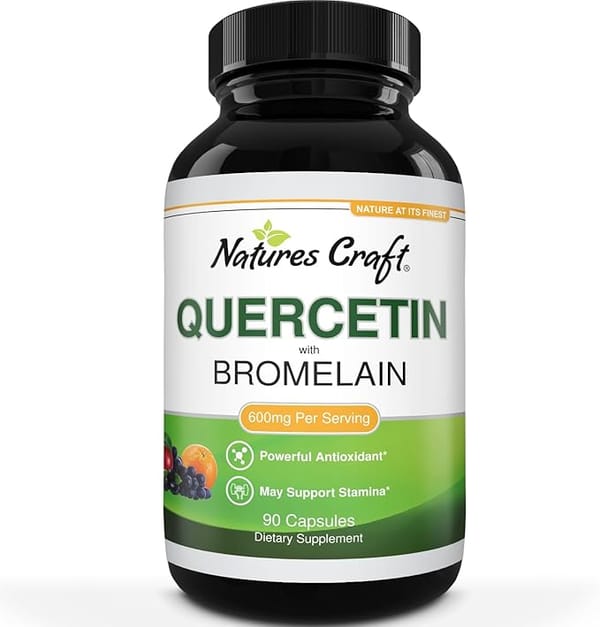Chris Mirabile, a 40-year-old entrepreneur and CEO of NOVOS, claims to have reduced his biological age to that of a 23-year-old through lifestyle changes and longevity practices, sparking interest in the potential for slowing and even reversing the aging process.
The DunedinPACE Test
The DunedinPACE (Pace of Aging Computed from the Epigenome) test is a state-of-the-art blood test developed by researchers at Columbia University Mailman School of Public Health to measure the pace of biological aging[1]. Unlike other tests that aim to determine how old or young a person is biologically, DunedinPACE specifically measures whether an individual is aging quickly or slowly[1]. This unique approach makes it a potentially more sensitive tool for detecting the effects of interventions aimed at slowing aging or exposures that accelerate aging processes[1]. The test analyzes chemical tags on DNA called methylation marks in white blood cells and has shown high test-retest reliability[3]. DunedinPACE has been associated with morbidity, disability, and mortality risk, and has indicated faster aging in young adults with histories of exposure to poverty and victimization[1][3].
Intermittent Fasting Routine
Intermittent fasting (IF) is an eating pattern that alternates between periods of fasting and eating. The most popular IF methods include the 16:8 diet, which involves fasting for 16 hours and eating within an 8-hour window, and the 5:2 diet, where normal eating occurs for 5 days and calorie intake is restricted to 500-600 calories on 2 non-consecutive days per week[1][2]. For beginners, a 12-hour daily fast may be easier to maintain, as much of the fasting occurs during sleep[3]. The effectiveness of IF can vary between individuals, and it's important to choose a schedule that fits one's lifestyle and preferences[1][4]. While IF may offer potential benefits such as weight loss and improved health markers, it's crucial to maintain a balanced, nutrient-dense diet during eating periods and consult a healthcare professional before starting any fasting regimen, especially for those with underlying health conditions[2][5].
Epigenetic Clock Measurement
Epigenetic clocks are advanced tools used to measure biological age based on DNA methylation patterns. These clocks analyze specific regions of DNA called CpG sites that are associated with aging[1][3]. While traditional methods for applying epigenetic clocks have been expensive and time-consuming, recent advancements have led to more efficient and cost-effective approaches. One such innovation is the TIME-seq (tagmentation-based indexing for methylation sequencing) method, which allows for highly multiplexed and scalable epigenetic clock measurements at a fraction of the cost of conventional techniques[5]. TIME-seq has been successfully applied to both mouse and human samples, demonstrating high accuracy in predicting biological age across multiple tissues[5]. These developments in epigenetic clock measurement are enabling larger-scale studies on aging and interventions, potentially accelerating research in the field of longevity and age-related diseases.
Lifestyle Factors Impact
Lifestyle factors have a significant impact on biological aging, influencing the rate at which our bodies and brains age beyond chronological age. A study by the Neurovascular Research Group at IMIM-Hospital del Mar found that biological age, largely determined by lifestyle habits, explains 42.7% of brain aging as measured by white matter hyperintensities[3]. Modifiable factors such as diet, physical activity, smoking, and alcohol consumption play crucial roles in shaping our biological age[2]. Frequent consumption of processed meats, smoking, and exposure to passive smoking are associated with accelerated biological aging, while eating fruits, legumes, and vegetables are linked to a "younger" biological age[1]. Importantly, lifestyle changes can potentially slow down DNA aging and decelerate the brain's aging process, highlighting the potential for individuals to influence their biological age through behavioral modifications[3].














Member discussion